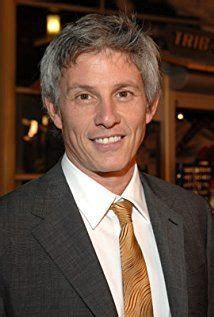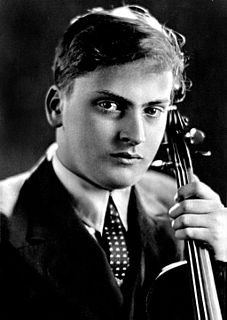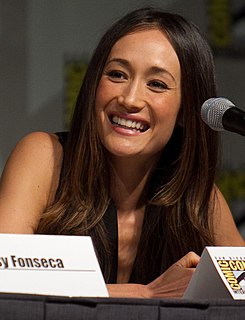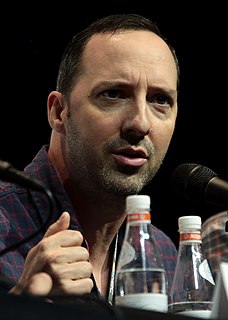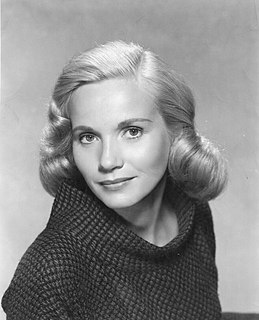A Quote by John Curran
I'm not the kind of director who imposes his processes on everybody else.
Related Quotes
This war is not as in the past; whoever occupies a territory also imposes on it his own social system. Everyone imposes his own system as far as his army can reach. It cannot be otherwise. If now there is not a communist government in Paris, this is only because Russia has no an army which can reach Paris in 1945.
When you have a food safety system that's voluntary and not mandatory, you're in a situation in which everybody wants everybody else to go first. So as a normal course of doing business, food companies cut corners and don't want to take the kind of trouble and the kind of testing and the kind of careful procedures that are required to produce the safe food because they don't have to.
J.J. Abrams is a director with no ego. He is a director who has a very consistent attitude when he's at work. He's funny, he's brilliant, he's a combination of all these really great things. J.J. is the kind of person who sees the bigger picture before anybody else does. It sounds simple but not all directors do that.
I am not the kind of person that wants to enforce my wants, likes, desires, on everybody else. I have no desire that everybody like what I like. I have no desire everybody say what I want to hear said. I have no desire everybody stop whatever they're doing and listen to what I have to say. I have no desire that everybody agree. No, that's not true. I do wish everybody agreed, but I'm not gonna sit around and force that on people.
Like Woody Allen actually does this a lot in his movies, its kind of called magical realism where he has just kind of an everyday, these kind of everyday experiences and all the sudden something magical or supernatural will come into to and I just, I love that and I think everybody can kind of - everybody wants that at some point in their life.
My strength, if it's anything, is that I can lure some big-name actors in. That's probably the strength of almost any director now. On your own, as a director, you've only got so much weight. James Cameron, George Lucas, Steven Spielberg, Michael Bay... that's about it. Everybody else depends on the star power that they can draw.
Your actors need to trust you as a director, but normally, I think you just need to have an open communication between the actors and the director. I think the director needs to really paint his or her vision to the cast and let them know the kind of mood that he or she is making. I think that's very important.
